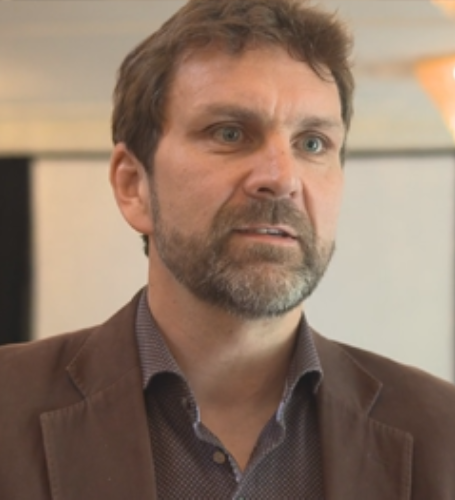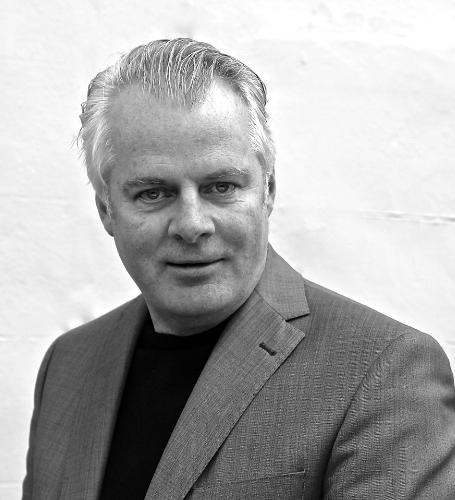Dip in and out as suits your diary! The overall format of the event will see a combination of 16 sessions over the 3 days, featuring keynotes, panel discussions and industry case studies. Content will remain online to be viewed at any time up to 20 days after the event so you don’t have to catch it all live.
Day 1 - Tuesday, 23rd June 2020
23rd June
9:20 – 9.30am
#DTconf2020 Welcome Address
Denis Hayes, Managing Director, IRDG
In the true spirit of design thinking, we are learning on our feet, pivoting our ideas to bring you Design Thinking Ireland 2020 – The Virtual Experience! We wouldn’t want you to miss our 7th annual event!
Companies across all sectors are challenged. And with challenges come opportunities. The challenges presented are bringing together a complex blend of product design, experience design, service design and business model problems that are looking for creative solutions.
Our present world means many companies are being forced to rapidly respond to changing customer environments, accelerating product and service lines, and flexing operations to meet current and future demands. Innovation and R&D has a key role to play, and design thinking is a powerful approach to leverage.
Leaders of innovation, along with those from all functions involved in the design and delivery of products, processes and services should join this event. Whether you are interested in exploring how design thinking could help you, or a seasoned practitioner seeking to grow your experiences, it’s a chance to be educated, inspired and connected.
Engage with us from the comfort of your surroundings. Learn from extremely accomplished Irish and international design thinking leaders and industry practitioners. Connect with a wide community of people from all walks of life.
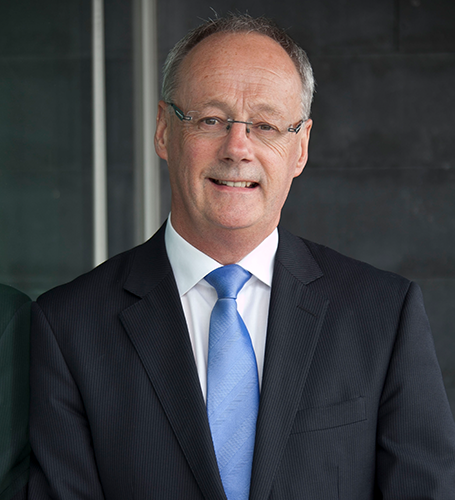
23rd June
9:30 – 10.30am
KEYNOTE – Design in the New Normal
Roberto Verganti, Professor of Leadership and Innovation at Stockholm School of Economics, Harvard Business School, and Politecnico di Milano
(session time ~ 50 mins)
Many are already thinking how to do business after the peak of the Covid epidemics has passed. It might be September 2020, or January 2021. We do not know. But two things are clearly emerging: first, the world will look definitely different than before. Second, this transformation will not be temporary. The New Normal will be here to stay. Even when Covid will be fully defeated, our attitude towards socialisation, our openness towards the world, our need for health (and anxiety for new infections), will be radically different, for the bad, but also for the good. How should organisations re-conceive their products, services, experiences in the New Normal? The start line is getting close. Those who get ready now, will start with the right foot. Those who wait, will look like dinosaurs from an old era (though that era was just a few months earlier).
In this talk Roberto Verganti will address this question: how to redesign our products and services, and how to create new markets for the New Normal? Which changes in demand to expect? Which design rules to apply? We will discuss how any innovation and design leader can help making the New Normal a world not on the verge of anxiety, but rather a world where safety comes without compromise on meaning, beauty, and freedom. The world is changing. It might become like an Orwell-1984 dystopian scenario. We, designers and innovation leaders have the duty to drive it as much as possible towards a meaningful direction.

23rd June
10:45 – 11.45am
Why Design Thinking helps create great innovations – an introduction
Frank Devitt, Innovation Management, Strategy & Design Thinking at Maynooth University
(session time ~ 50 mins)
Design Thinking is much more than a set of tools. Above all, it’s a mindset and a set of behaviours that reinforce each other. This presentation explains how this happens and introduces a framework that helps bring it all together and guides you on what to do, when to do it, and why.
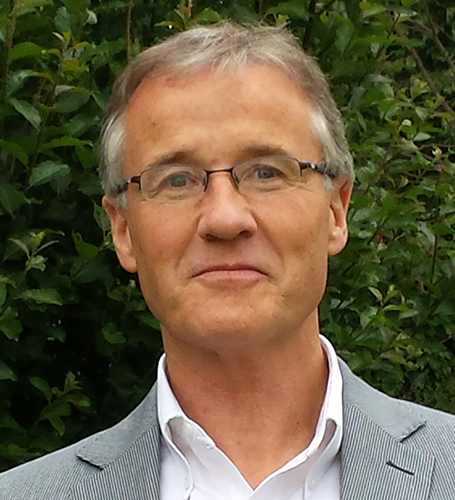
23rd June
12.00 – 1.00pm
Inflection to Innovation & Closing the gap between technology and users
Noel Joyce, Design & Innovation Director at SOSV and HAX Shenzhen
(session time ~ 50 mins)
to follow…
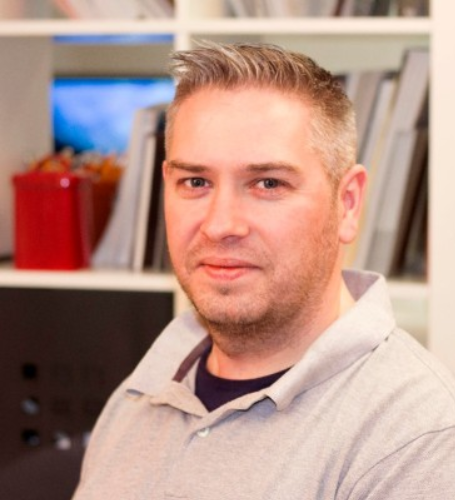
23rd June
2.00 – 3.00pm
Why does it take a Crisis to Spark an Epidemic of Innovation?
- Holly O’Driscoll, Former Global Design Thinking Leader & Innovation Strategist Procter & Gamble, USA and CEO at Ampersand Innovation, and
- Domhnaill Hernon, Head of Experiments in Art and Technology at Nokia Bell Labs
(session time ~ 50 mins)
You’ve probably noticed the many innovations that have emerged since the start of the recent pandemic. Perhaps you’re wondering why the crisis has sparked an epidemic of innovation from all parts of the globe. In this interactive session, we explore the why behind this dynamic, and offer ways to keep the innovation coming (and innovators emerging) even after the crisis has passed.

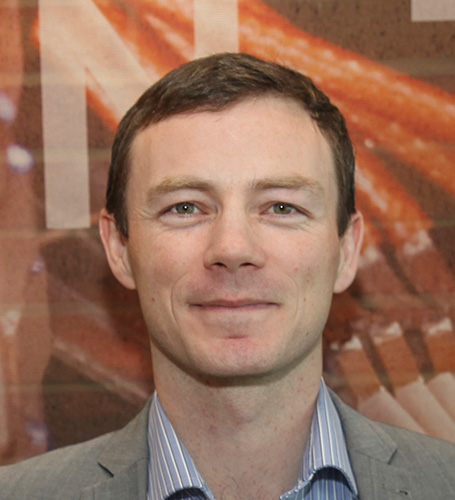
23rd June
3.15 – 4.15pm
IRDG Member Insights – Practical Implementation of Design Thinking in the Medical Device Industry
- Sean McNulty, Chairman at Dolmen Design & Innovation
- David Hannon, Research & Technology Development Manager at Hollister Incorporated
- Francesca Sorgini, Industrial Engineer at Coroflo, and
- Frances Mitchell, Director of Business Development at Dolmen Design & Innovation
(session time ~ 50 mins)
Design Thinking in the context of the Medical Device industry is a very particular beast. Rigour in process and approach is vital as there are so many different stakeholders at play as well as numerous international standards, regulations, ethics and commercial challenges. However, this does not mean that there is a rigid and unyielding approach.
This session will explore what it means to carry out Design Thinking in the context of the Healthcare arena, discuss learnings from industry in real case stories and dig deep into what practically worked for different organisations in order to bring a successful product to market. The primary focus will be on the Stanford Biodesign model and how different companies have adapted it to their needs in order to create groundbreaking new products that deliver real impact for patients and end users the world over.
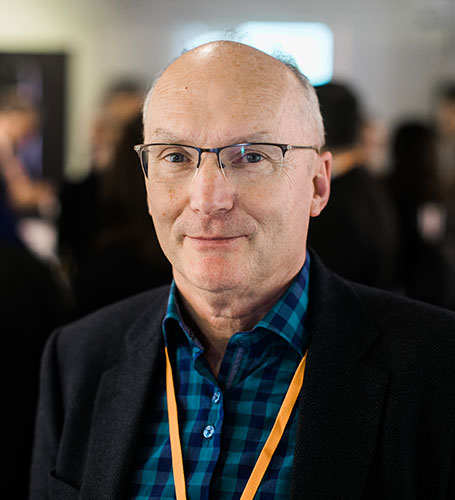
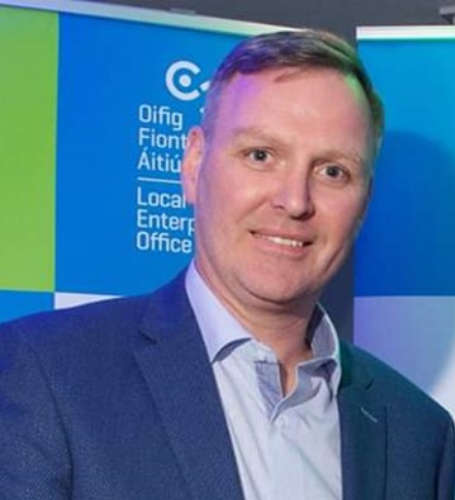
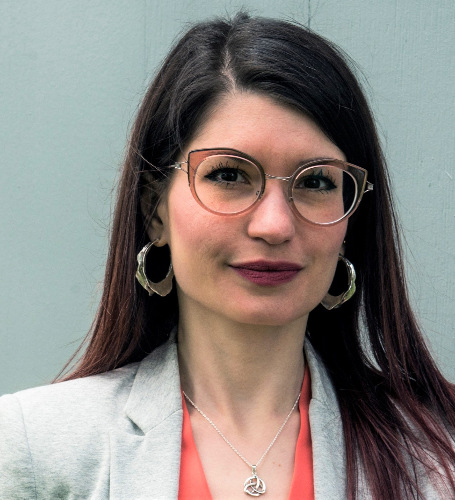

23rd June
4.30 – 5.30pm
The Death of the Office and the End of Innovation?
Simon Roberts, Co-founder & Partner at Stripe Partners
(session time ~ 50 mins)
Innovation is typically viewed as a ‘contact’ or team sport. It often happens in spaces that are designed to support specific interactions which enable teams to share, socialise, create and build on each other’s ideas and specialisms, often in spontaneous or serendipitous ways. In the short- to medium-term organisations and teams have to operate in environments with few of these affordances.
In his talk, Simon will explore the role of embodied interactions in innovation work and point to the need to purposefully recreate these conditions. By exploring some of the fundamental interactions at play in innovation his talk will enable the audience to ask what they need to be doing to help their organisation retain its innovative edge.

Day 2 - Wednesday, 24th June 2020
24th June
9.30 – 10.30am
Powerful & Diverse Impact of Design as seen on RTE’s Big Life Fix Series
- Trevor Vaugh, Assistant Professor at Department of Design Innovation, Maynooth University and Big Life Fix Series,
- Lorna Ross, Chief Innovation Officer at VHI Health & Wellbeing and Big Life Fix Series
(session time ~ 50 mins)
to follow…
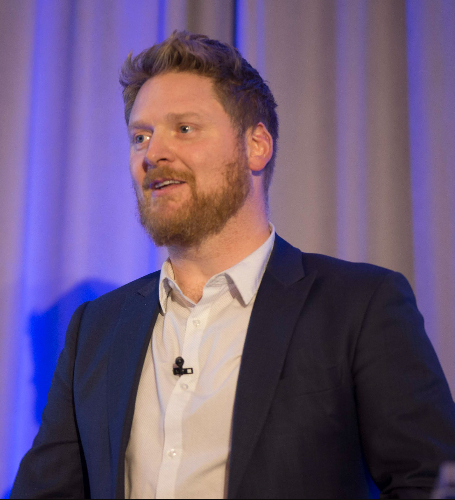
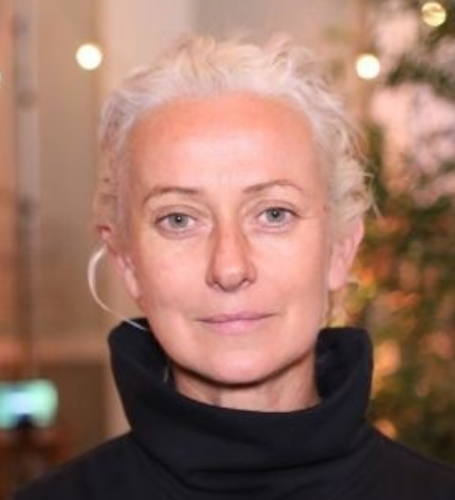
24th June
10.45 – 11.45am
Employee Experience in a Distributed Workforce
Claire Doody, Head of Global Capabilities and Learning Design at Twitter
(session time ~ 50 mins)
Twitter believes that we can increase our impact by enabling anyone anywhere to work at Twitter. This involves transforming both where and how people work and fundamentally rethinking the employee experience, work that has been accelerated by the global pandemic. In this session, we will talk about a ‘distributed first’ mindset, creating equitable experiences for all employees regardless of their location and rethinking the work practices needed to be effective in a distributed team.

24th June
12.00 – 1.00pm
IRDG Member Insights
- Embedding a Culture of Design Thinking: The Struggle and the Joy by Paul Stack, Operations Director at Marco Beverage Systems, and
- Finding Empathy in the Product Development Process: A Case Study in Transportation by Paul Conway, Head of Engineering and Product Delivery (EMEA) at Advantech
(session time ~ 50 mins)
1. Paul Stack – Marco Beverage Systems
Embedding a Culture of Design Thinking: The Struggle and the Joy.
An insight into an Irish SME’s design-led approach and their attempt to harness innovation as a process with the help of Design Thinking tools.
In this session Paul Stack will outline the approach Marco Beverage Systems takes as a design-led company and share some learnings, good and bad, as he leads their journey to embed design thinking as a cultural norm in the company.
2. Paul Conway – Advantech
Finding Empathy in the Product Development Process: A Case Study in Transportation.
A typical product development process does a good job of bringing market requirements through to product delivery. We have learned how to structure our processes so that we can build quality products that meet the specifications.
But how do we know that the product we’re building is adding real value? How can we ensure that we build products that delight and excite, rather than simply fulfill?
Paul Conway brings us on a product development journey, where Design Thinking methods were used to create personas, empower the developers with stakeholder empathy, and ensure that the delivered product added real and tangible value.
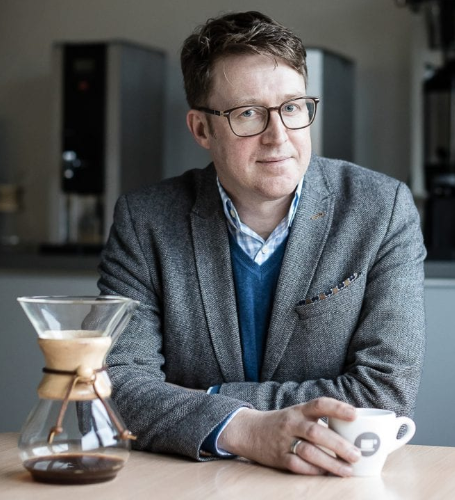
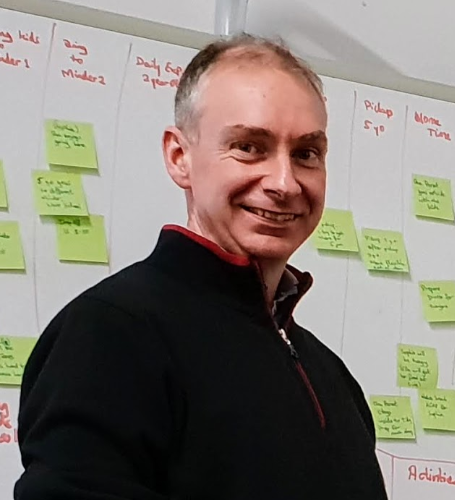
24th June
2.00 – 3.00pm
Finding Your Way: An Inclusive Design Case Study at UPMC
- Gretchen Mendoza, Senior Director, Product Management, UPMC Enterprises, USA and
- David Beirne, Managing Director UPMC Ireland and SVP UPMC International
(session time ~ 50 mins)
During this session, two leaders from UPMC – one of the largest integrated academic healthcare systems in the U.S., with international locations in Ireland, Italy, China, and Kazakhstan – will share their respective experiences developing and implementing visions for the future of the hospital experience. Gretchen will detail her team’s work in the U.S. to integrate human-centered design methods towards enhancing the physical and digital patient experience. A case study will be presented that details UPMC’s inclusive design approach at the new Vision and Rehabilitation specialty hospital. David, as UPMC’s Ireland Country Manager, will detail the efforts to achieve similar transformative impact in Ireland.


24th June
3.15 – 4.15pm
KEYNOTE – Why Design Thinking Works: How design’s social technology shapes us as we shape designs
Jeanne Liedtka, Thought Leader on Leading Growth, Design Thinking, Corporate Innovation at Darden Business School, Uni of Virginia USA
(session time ~ 50 mins)
What are the benefits of design thinking and how do we maximize them? In this session, Jeanne reviews her recent research aimed at quantifying the performance impacts of design thinking, and offers some comparisons between their worldwide sample of practices and outcomes and those reported in Ireland. She examines the crucial role played by DT as a social technology of DT that impacts the experience of those who use it, as well as those they use it for.
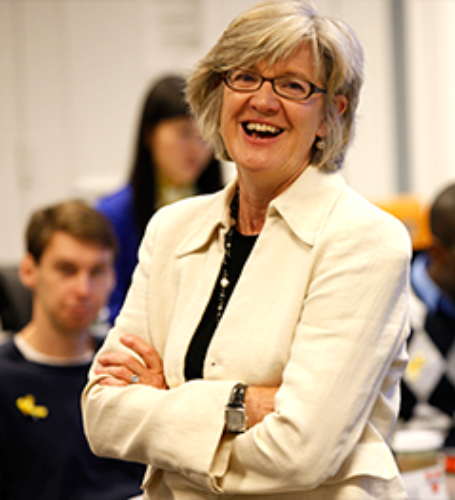
24th June
4.30 – 5.30pm
Taking your DT Capability to the Next Step: Unpacking how to facilitate the DT learning journey
(A restricted audience & workshop for IRDG members only)
Jeanne Liedtka, Thought Leader on Leading Growth, Design Thinking, Corporate Innovation at Darden Business School, Uni of Virginia USA
(session time ~ 50 mins)
As DT gains in popularity, its proponents worry more about design done badly, with concerns that shoddy implementations can damage the reputation of the field in general. So how much skill building is enough?
Long a proponent of “democratizing” design, Jeanne will share recent research findings and work with leaders charged with DT capability building in their organizations to understand the learning pathways that ensure quality and maximize DT’s ROI. We will isolate the specific behaviors to look for at each stage of development, examine how personality profiles impact learning, and share some late breaking news on the impact of the transition from F2F to virtual on design teams.

Day 3 - Thursday, 25th June 2020
25th June
9.30 – 10.30am
KEYNOTE – Normal is Boring. When we thought we had it made it made us think!
Birgit Mager, Co-Founder and President of the International Service Design Network
(session time ~ 50 mins)
We had started to regard service design as „the new normal“ – when suddenly society and economy turned upside down and normality was no longer a point of reference. In this key note we will have a short review on the journey towards this so-called „New Normal“ and we will look at the new perspectives arising beyond it.
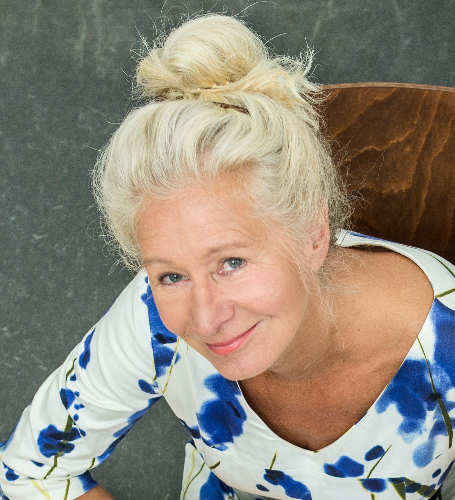
25th June
10.45 – 11.45am
Mind the Gap: Design Thinking works brilliantly but watch out for the pitfalls!
Siobhán Hennessy, Head of Customer Experience at Musgrave Retail Partners Ireland
(session time ~ 50 mins)
During this session Siobhán will be bringing us through her own experience of both using Design Thinking to drive better outcomes for Musgrave (Ireland’s leading food and drink retailer and wholesaler) and embedding Design Thinking as a way of working within the company. Although most Design Thinking projects have been successful we’ll look at why some projects “stick” more than others and why some weakness in implementation emerge. These gaps range from systemic culture change to a focus on commercial/profitable outcomes. We will explore case studies and shine a light on potential Design Thinking pitfalls and how to avoid them.

25th June
12.00 – 1.00pm
Feel Safe – Design for customer trust & peace of mind after the lockdown
Timo Pätiälä, Managing Director & Partner at Hellon
(session time ~ 50 mins)
According to Hellon’s research, 84% of the consumers say that safety will be one of the most important factors when it comes to choosing between service providers after the pandemic.
Over a half of the respondents (53%) say that they would consider to start using a service at an earlier stage if the service provider would take extra measures to improve their service safety development and enhance their customers feeling of safety.
Companies and organisations that are the most likely to bounce back quickly after the Coronavirus outbreak, are the ones who can successfully restore the feeling of safety for their customers and show that measures have been taken for improved customer safety as part of the service experience.
In the core of the technical biosafety programmes will be services specifically designed for cleaning and sterilising processes that guarantee safe human contacts. These solutions alone, however, are enough to restore the customer’s peace of mind. As a result of the pandemic, customers need convincing that they are safe when they visit businesses or use their services. They need to Feel Safe. It is therefore vital that service providers are able to answer that need by creating comfort and a sense of safety after the disruptive circumstances as those will be key factors in restoring the customer’s trust.
The everyday service models that we are familiar with today will go through holistic changes after the coronavirus. They will, for example, be digitalised and service environments and customer flows will go through comprehensive reformations.
There are elements which can help smooth out the process of restoring the feeling of safety in customer service and service design, cutting-edge insight and communications will play a vital role in this.

25th June
2.00 – 3.00pm
Designing Customer Listening Through Historic Change
- Gillian Glassanos, Global Director – Voice of Customer Operations at Dell Technologies (USA), and
- Mark Payne, Global Program Manager – Voice of Customer Operations at Dell Technologies
(session time ~ 50 mins)
Resulting from the largest technology acquisition in history ( Dells acquisition of EMC), this presentation will share how the net/new Chief Customer Office (CCO), charged with creating a collective CX North Star for the new organization, approached the task in hand. They will also go deeper on a number of their CX North Star priority areas.


25th June
3.15 – 4.15pm
Together for Design – design thinking and developing an innovative mindset in the classroom and workplace
- Fiona Chambers, Head of the School of Education at University College Cork and Hasso-Plattner Institute-certified Design Thinking Coach,
- Stephen Harvey, Global Head of Design Transformation at Logitech
- Andrew Bradley, Expert Group on Future Skills Needs, Founder Bradley Brand, Director Design & Crafts Council, Chairman Design Skillnet
(session time ~ 50 mins)
Context: The Expert Group on Future Skills Needs has just published its new report, Together for Design: Digital, Product and Strategic Design Skills of the Future. This study examines the future demand for design skills over the years 2020 to 2025.
Full Report: Together for Design
The report Together for Design was published on 10th June 2020. This is the culmination of the work of the Design Skills Group (sub-group of EGFSN). Andrew Bradley, Chairperson of the Design Skills Group, will give a brief overview of the Together for Design report.
Fiona Chambers will present on her success of delivering design thinking as a module with non-design under-graduates and as a research methodology with non-design postgraduate students in UCC and in non-design global academic networks.
Stephen Harvey will provide a global industry perspective to the panel discussion with Fiona and Andrew.
The panel will discuss the importance and relevance of Strategic Design (including Design Thinking, Service Design, Co-Design, Design Management, Design Innovation) in the 21st century workplace so that it is included as a module in non-design education courses.

